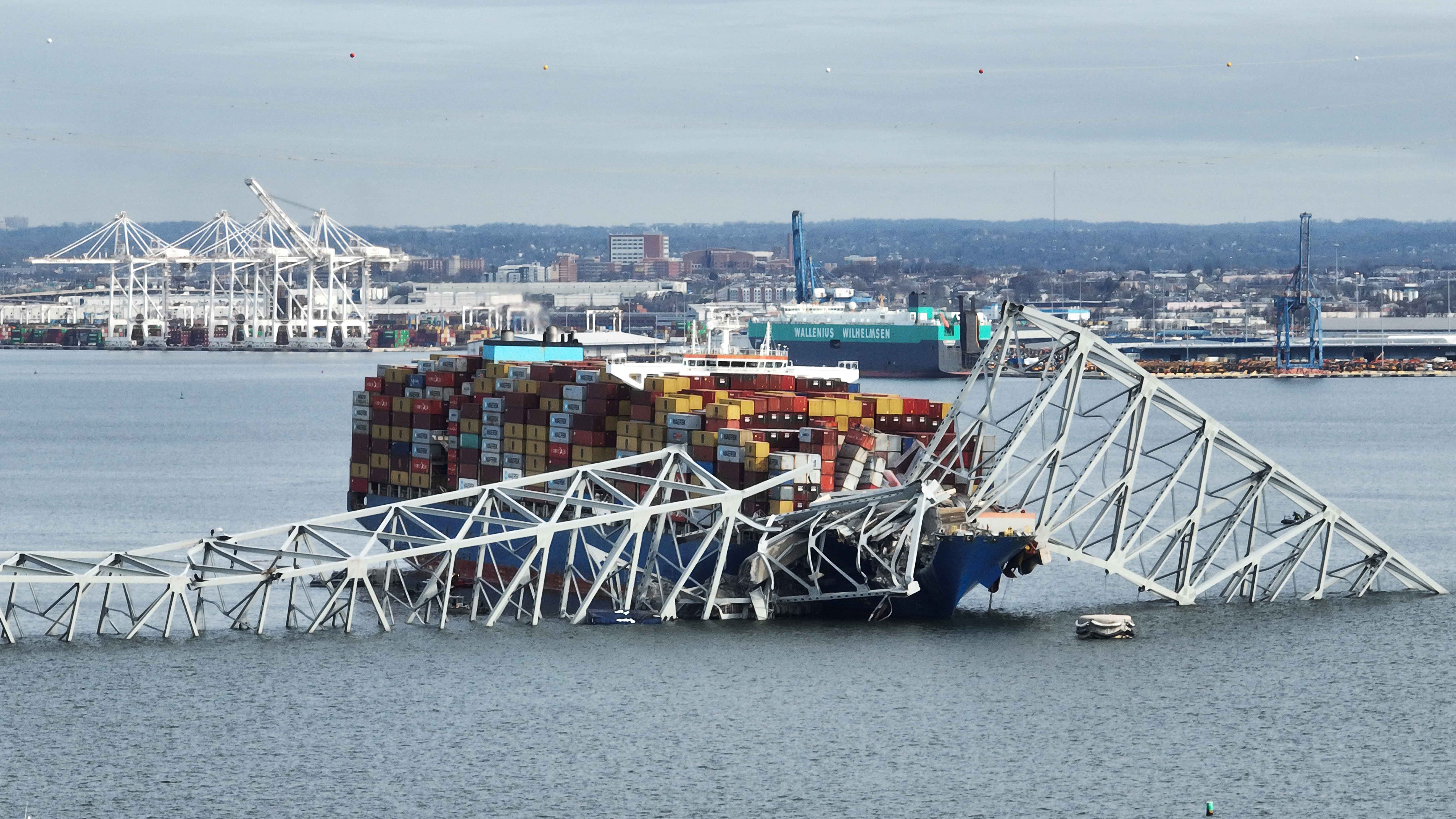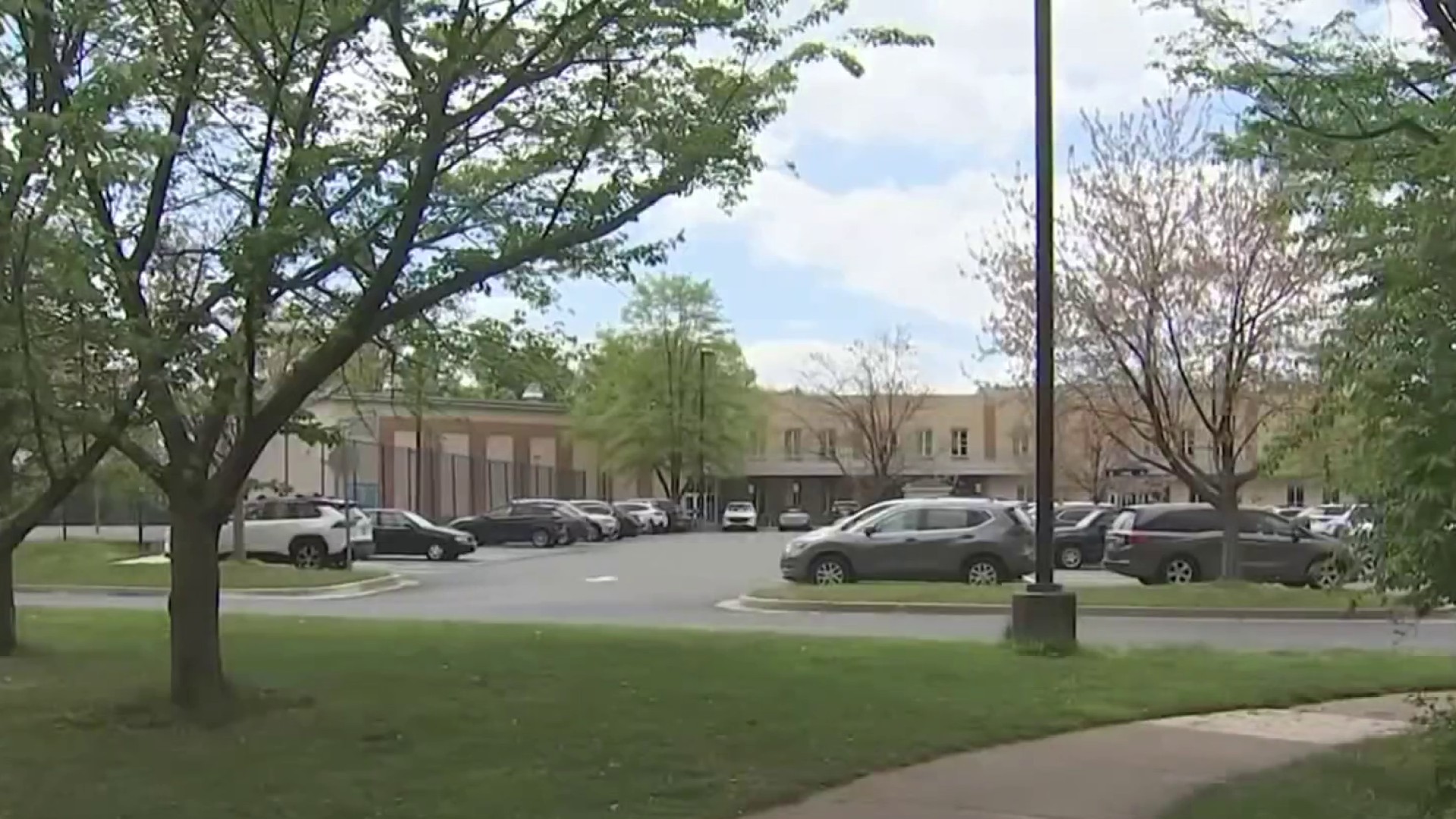We really don’t have to wait months for the professional report from the National Transportation Safety Board on Metro’s equipment malfunction and slow response to last week’s fatal incident.
The simple truth is this: After 47 years in business, the Washington Metropolitan Area Transit Authority doesn’t have a working safety plan with clear guidelines on what its staff and responding emergency crews need to do to act and communicate in any situation.
In fact, we can further reduce the problem to a famous line in the 1967 movie “Cool Hand Luke”: “What we’ve got here is a failure to communicate.” (An aside: This quote often inaccurately is written as “What we have here is a failure to communicate.”)
A D.C. fire department report on the smoky malfunction, released over the weekend, said firefighters could not communicate effectively in the tunnel because there were no radio connections. Some firefighters had to use cellphones. The report also said the fire department previously had notified Metro — before the emergency — that there were gaps in radio accessibility. NBC4’s transportation reporter Adam Tuss has heard from multiple sources that there are communication “dead spots” all over the Metro system.
Ever since 9/11, the word “interoperability” has gained traction as the go-to word in failed emergency responses. You’ll be hearing it again and again as reports show emergency responders couldn’t talk to one another. There has been a sea of meetings on how to get first responders on the same wavelength.
Your Notebook would like see the word “interoperability” made inoperable itself. The word is a bureaucrat’s catnip. Instead, let’s use real words.
“Communicate.”
Local
Washington, D.C., Maryland and Virginia local news, events and information
“Talk.”
“Connect.”
Any ordinary word would do.
Metro itself, the jurisdictions that pay for it and the emergency responders we depend upon need to remove the bureaucratic barnacles that quite simply are endangering our lives.
A Monday letter to The Washington Post from Marianne Bailey of Alexandria summarized the situation, recalling another Metro incident at the same station:
“No one seems to be talking about a December 2011 incident on the Blue and Orange lines outside of L’Enfant Plaza that also caused smoke (with flames) and stranded passengers (I was among them).
“Slow response and a lack of communication led some passengers to ad-lib their escape. We were there for so long that the emergency lighting in the tunnel timed out, and responders used glow sticks when they finally walked us down the tunnel. Was there follow-up? Lessons learned? Accountability? Why haven’t Metro and D.C. Fire and Emergency Medical Services put workable joint procedures in place?
“This is not a funding issue; it is a management and training issue. This time, let’s not forget and move on before it is fixed.”
■ Tuning the public out. In recent years, police and fire departments across the country have been switching aggressively to “encrypted” radio communications. The D.C. police and fire have done so, making it impossible for citizens or the news media to hear and assess what’s happening in real time.
Even though these public safety departments already had existing secure radio channels on which to pass sensitive information, they contended that mainline channels have to be encrypted because terrorists and bad guys also can listen in on police movements.
That’s “security theater.” There is little demonstrable evidence of open channels being a problem. And it is demonstrable that citizens and the news media are now unable to hear real-time public safety information.
“What happens is, we don’t know what’s going on,” one television editor in the District told The Notebook. “We are in the most powerful city in the world and we can’t hear anything. It’s quite a mess.”
Like it or not, the news media are part of the citizens’ eyes and ears on what’s happening in our communities. Maybe some gutsy news managers somewhere or citizens’ groups will test this blackout in court. Maybe here in the District, the mayor and the D.C. Council will take a second look at this loss of information and its effect on the citizens’ right to know.
Tom Sherwood, a Southwest resident, is a political reporter for News 4.



